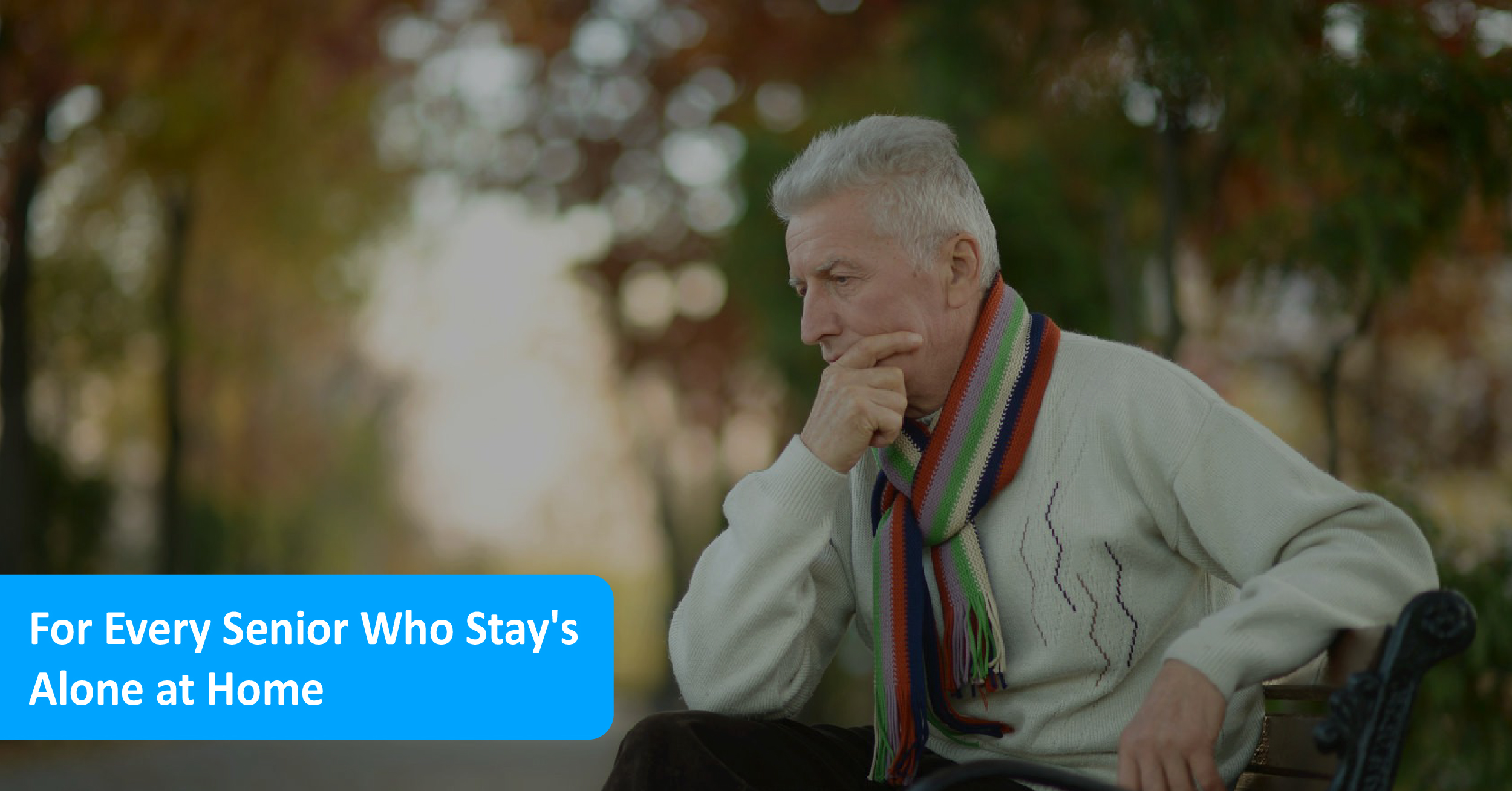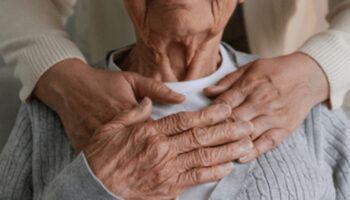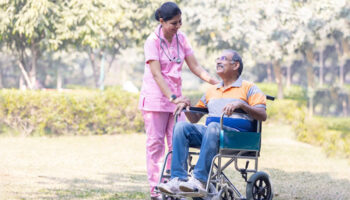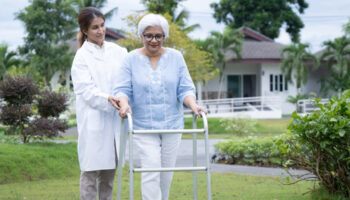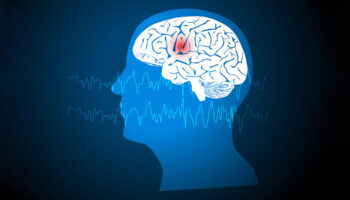Aging is an inevitable part of human life and though often termed as ‘second phase of childhood’, it has its own challenges. As people grow older, they begin to lose the ability to do even the basic routine tasks. Despite this, many senior citizens prefer to live independently in their own to retain their lifestyle and happy memories. Also due to modern day commitments and ways of life including employment, many of us are forced to leave our elderly parents alone for the greater part of the day, though physically we live in the same house. This definitely poses a good number of challenges both for them and for us.
From our perspective, problems faced may include-
- Understanding, accepting and empathizing our parents life stage
- Ensuring their physical safety and fulfilling their daily needs
- Discussing about tougher emotional and physical issues ranging from adult diapers to assisted living
- Family discord between siblings on sharing responsibilities on care of elderly persons
- Limiting their mobility outside home on safety considerations
- Maintaining work-life balance
- Preventing drug, medication and alcohol abuse
Key Challenges faced by elderly parents alone at home
- Loneliness or Lack of Companionship
Loneliness is an exceptionally difficult issue that many seniors face, especially due to death of life partner, physical separation from children, limited mobility due to physical ailments and inability to drive vehicles independently. This has serious consequences including depression, dementia, health concerns like obesity and stress-diabetes and even irreversible calamities like suicides.
- Mobility, Falls and Physical Safety
Senior people tend to trip and fall frequently while attending a door bell, a phone call or even stepping on an upturned rug or a wet floor. After this they may not be able to get up or alert someone for any physical injuries or more serious emergencies. Also their safety is at stake since they may open doors to unknown strangers with unlawful intentions entering the home on some pretext.
- Inability to complete their errands independently
Many elderly persons find it difficult to complete routine errands both inside and outside the home like bathing, self-grooming, house-keeping, grocery shopping and meeting physicians on appointments.
- Administering their own medication regularly and following health regimes
Mental illness, fatigue and loss of memory can often cause individuals to forget to take their medication periodically on prescribed schedules and follow their exercise regimes/therapy for leading an independent life. This can have serious consequences on their health.
- Malnutrition Concerns
Aged persons may be unable to create healthy diets and cook balanced meals that are nutritious for them. Also they tend to skip meals or over-eat. This demotivation and tendency can often pave way for unhealthy lifestyle choices leading to major health issues.
Some General Help Measures
- Ensuring that their essential needs are delivered to their door step to ensure their emotional and physical well-being
- Preparing the home to provide a safe and comfortable environment with better lighting, lowered pantry shelves for easy accessibility, bathroom railings for better grip and fall prevention, comfortable furniture, electric-shock proof appliances, home security systems and removing floor obstacles
- Addressing emotional needs through visual communication calls to keep in touch, encouraging hobbies and local community centre visits
- Handling emergencies through Personal Emergency Response Systems for quick intimation in event of emergency, GPS to determine location of elders and Automatic Fall Detection Systems
- Employing trained care- givers for elders through known agencies
Specific Remedies
Assistance with walking – Many elders tend to trip or fall during walking due to variety of reasons like poor vision/balance, general body weakness, weak bones, unsafe lighting, incorrect medication leading to drowsiness and so on. So they require assistance through devices designed to assist walking or otherwise improve mobility of people with impairments through adult walkers, walking canes, wheel chairs and other such aids.
Health care measures – Senior citizens may be prescribed periodic medications and routine check-ups on blood pressure, sugar levels and so on by physicians. This may be supported by encouraging proactive involvement of doctors and pharmacists ,employing home therapists to aid exercise schedules and deploying mobile health tools and calendar apps for sending medication reminders and track upcoming doctor appointments
Senior Living Homes – This facility is mainly for enlightening lives of retired persons. The senior friendly interiors and exteriors of the holistic environment are crafted in such a way that elderly parents can stay peacefully while aging gracefully and experience a holistic living in a similar age-group community with all facilities and amenities.
Assisted living facilities – This new concept is a paradigm shift from medically connoted nursing homes connecting senior citizens to the future. It gives is a long-term senior care option that provides personal care support services such as meals, medication management, bathing, dressing and transportation in a home like atmosphere with sufficient touch points to enable social engagement simultaneously.
Conclusion
In summary, though leaving elderly parents alone is challenging, there are new resources to make life easier. So they continue enjoying the freedom of living independently and comfortably without fear. Simultaneously, they may communicate with caregivers regularly through innovative technology thereby connecting and building strong confidence into the future.
